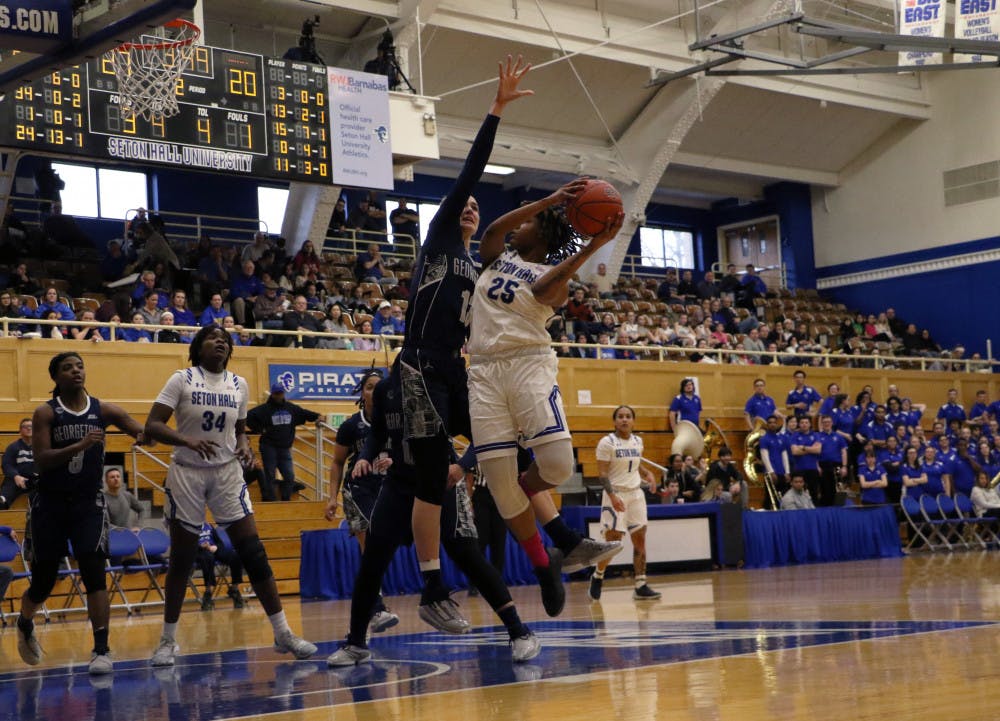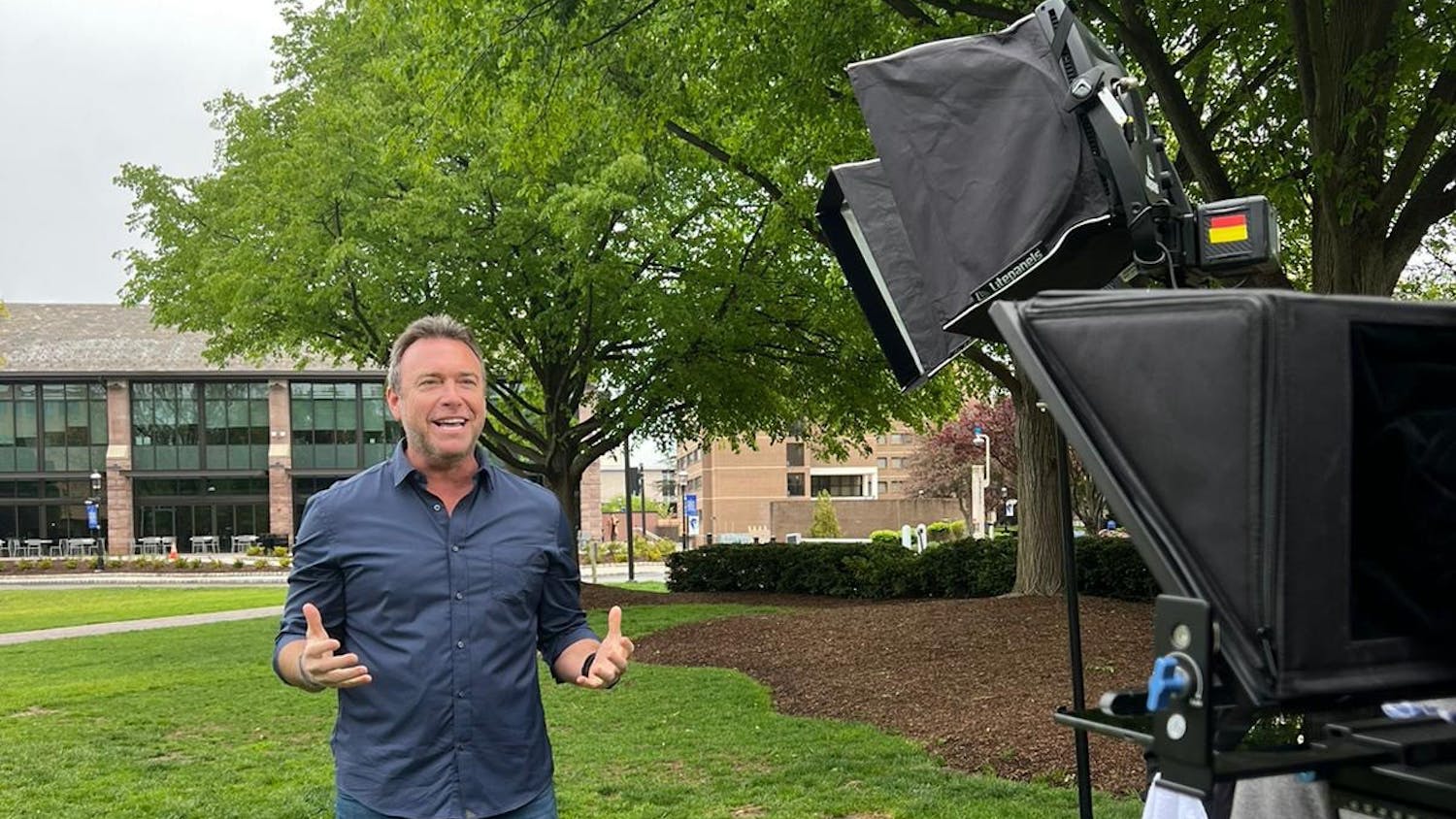After their debut album, Vampire Weekend seemed destined to be a one-album wonder, a sensation amongst indie-music critics who all flaunted their intelligence and culture by describing the band as "Afro-pop." Wonderfully simplistic and quirky, they were new-wave's saviors: these guys were endlessly hyped in a war of journalists trying to out-praise the others.
On the band's second album, "Contra," Vampire Weekend aims to prove that their worship from the media was not unfounded. The album is the logical progression forward from a group that is actually living up to unfairly high expectations.
Naysayers attacked the simplicity of the band's first album, citing the group's easily accessible melodies and simple lyrics as signs of weakness. The opening xylophone melody to "Horchata" will make such skeptics cringe, but as strings billow over what begins as innocuous vocals, tension begins to mount. An ensuing drum line crackles the airy strings in a successfully layered arrangement, chiseling away any claim that this album will contain fluff like its predecessor.
The album's momentum continues onto the second track, "White Sky," which is a pop gem with twinkling keys and a breezy chorus about going to museums and looking at art in New York. Not exactly philosophical stuff, but the band has always made something special out of the commonplace.
Standout track "California English" is the band's best Animal Collective impersonation with spasmodic drums, a few keyboard notes seemingly from "My Girls," and frenetic vocals. The rippling vocals sound like Kanye West at his most Auto-tuned and the swiping violins seem to pay homage to Kanye's "RoboCop."
For all of the disparate elements and, frankly, weirdness that comprises "California English," the song works. Much like "Giving Up the Gun," which sounds similar to a Christmas melody injected with intensity. Ezra Koenig's vocals sound melancholically distanced from the propulsive drumming and buzzing keys on the album's best song, as he wistfully reflects, "When I was seventeen I had wrists like steel and felt complete."
Perhaps somewhat disgusted from the indulgence of media coverage, much of the latter half of "Contra" follows the "Kid A" model, substituting icy synthesizers for more accessible melodies.
The album's concluding track, "I Think Ur a Contra," begins with humming that is delicate and alluring, somberly eliciting a tragic atmosphere for Koenig's most sobered vocals, which are heartbreaking but composed, as the beating African drums bring stability, and what seems like strength, to a defeated singer.
The album is definitely not all blues, though. The aptly named, "Holiday," for instance, is a sunny, jangly burst of vitality, although this album definitely hones, and triumphs in, the band's quieter moments.
"Contra" is accessible music at its best. It can be played to the mainstream and absorbed solely as catchy ear-candy, but it also has depth that makes it less exhaustible than the average pop song. Because, as we all know, what the mainstream really needs to be flooded with is some more Vampire-related hype.
Kevin Stevens can be reached at kevin.stevens@student.shu.edu.





